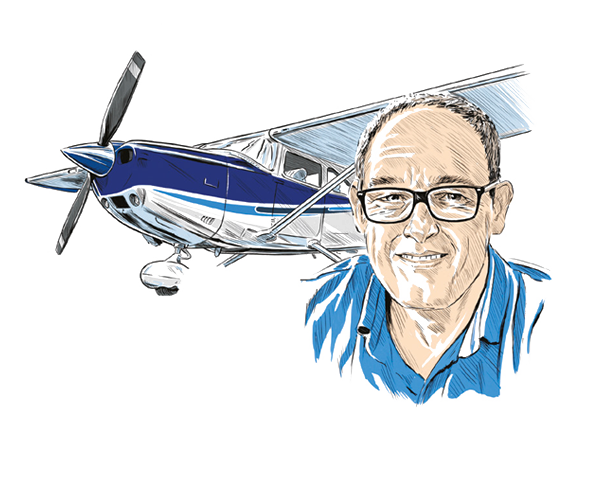Wingly, the cost-sharing platform, recently put out a press release saying that if the CAA went ahead with some of the changes to its cost-sharing rules, the platform may well have to close down in the UK.
A few UK pilots (and schools) shrugged their collective shoulders and suggested that the platform had it coming, facilitating, as they saw it, grey charters. Well, it’s a point of view I guess, but not one that bears a great deal of scrutiny.
It’s worth recapping the existing legislation that was carried over from the EASA regs after the Brexit divorce. Basically, those EASA (and now CAA) regs allow cost-sharing, allow the cost-shared flights to be advertised, and allow the costs to be shared unevenly. What’s not allowed is for the pilot to make any profit whatsoever. Simple, pretty liberal (much more so than the FAA) and, yes, open to abuse from those who are minded to do so.
The new cost-sharing rules (which date back to 2014) also provided a business opportunity for cost-sharing platforms, of which the largest and best known is Wingly, which brings us back to the view held by some that it’s the platforms which are causing the problem.
Apart from the obvious (that it’s completely legal and only possibly due to the regulation), Wingly has taken several steps that have made it less liberal than the letter of the law. For starters, the platform requires costs to be shared evenly, it operates a code of conduct, and it provides all sorts of templated information and warnings.
More than anything else, you, me and any regulator who chooses to do so can look at the site to see who is offering what, and for how much, which to my mind makes things pretty transparent.
As mentioned above, cost-sharing means no profit can be made, so anyone choosing to break that rule by trying to suggest that an hour in C172 costs £400, is going to be doing that in full view of the CAA and anyone else who cares, hardly a recipe for running a grey charter business or making a bit of money on the side.
The potential CAA rule change, which Wingly and others are worried about, is a suggestion that cost-share cannot be done unless the flight was going to take place anyway. Not only does that cause all sorts of issues with helping out friends with lifts to pick up aircraft from maintenance etc., but it’s a rule that’s going to be hard to enforce (how long does it have had to been planned for?).
The truth is that grey charters have always existed and to crack down, it is more enforcement resource rather than more legislation that’s needed. Over the years there have been various changes designed to make it easier for the CAA to prosecute and convict. This looks like another attempt that will, as we’ve seen before, bugger things up for those following the rules, while having no effect whatsoever on those who had no intention of doing the right thing in the first place.
I’m sure there was a lot of pressure to do something after the Sala case (which had nothing to do with Wingly), and if the aim is just to make it look like something’s been done then I guess the CAA met the brief. But if the plan was to make a genuine difference, then my bet is that the CAA change will make things worse rather than better.







